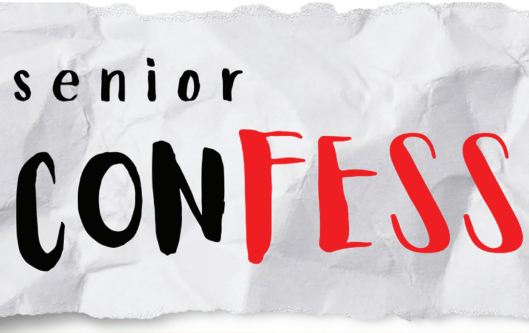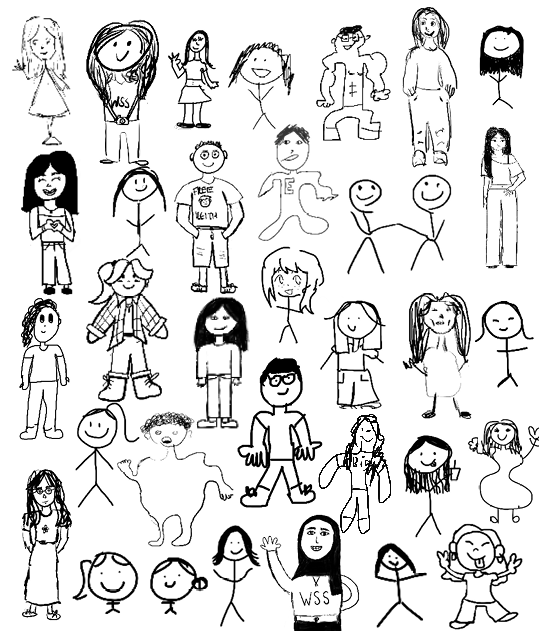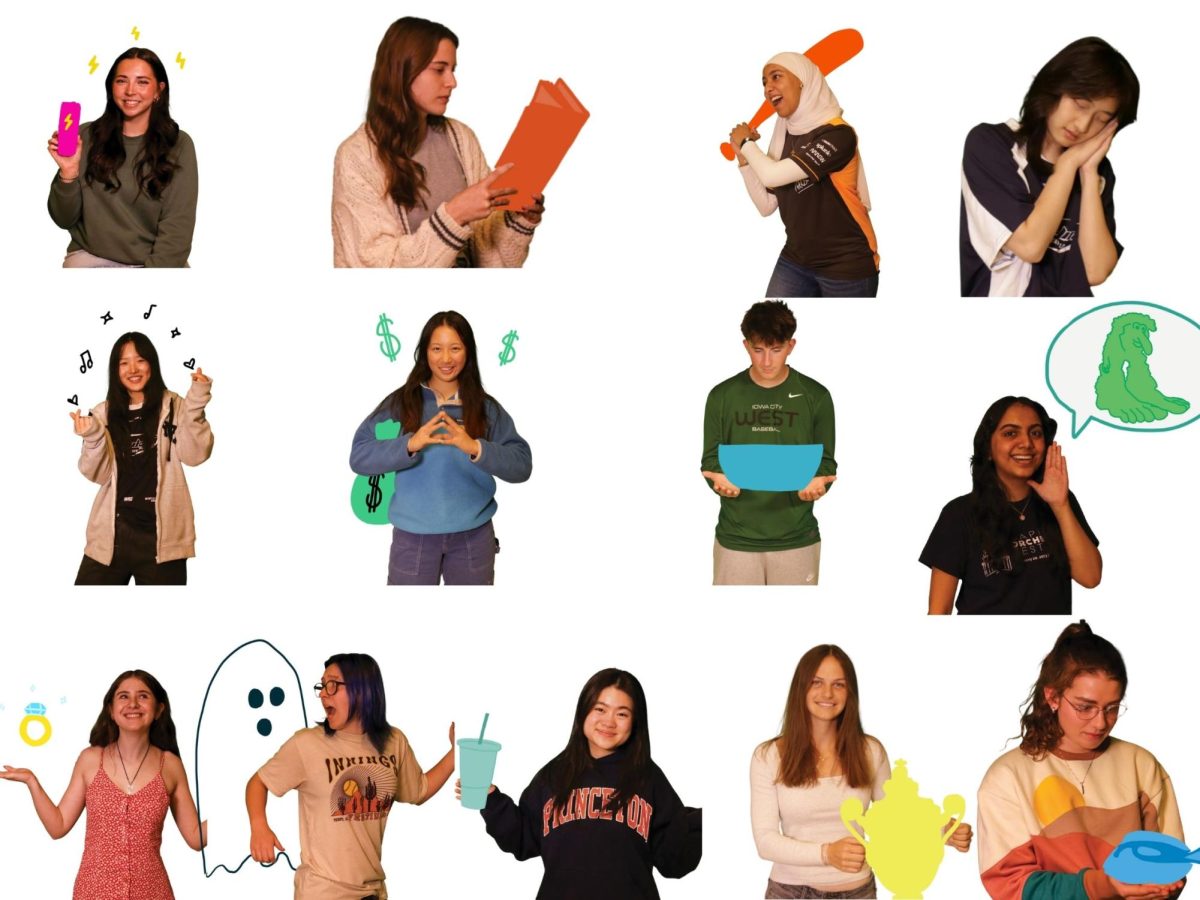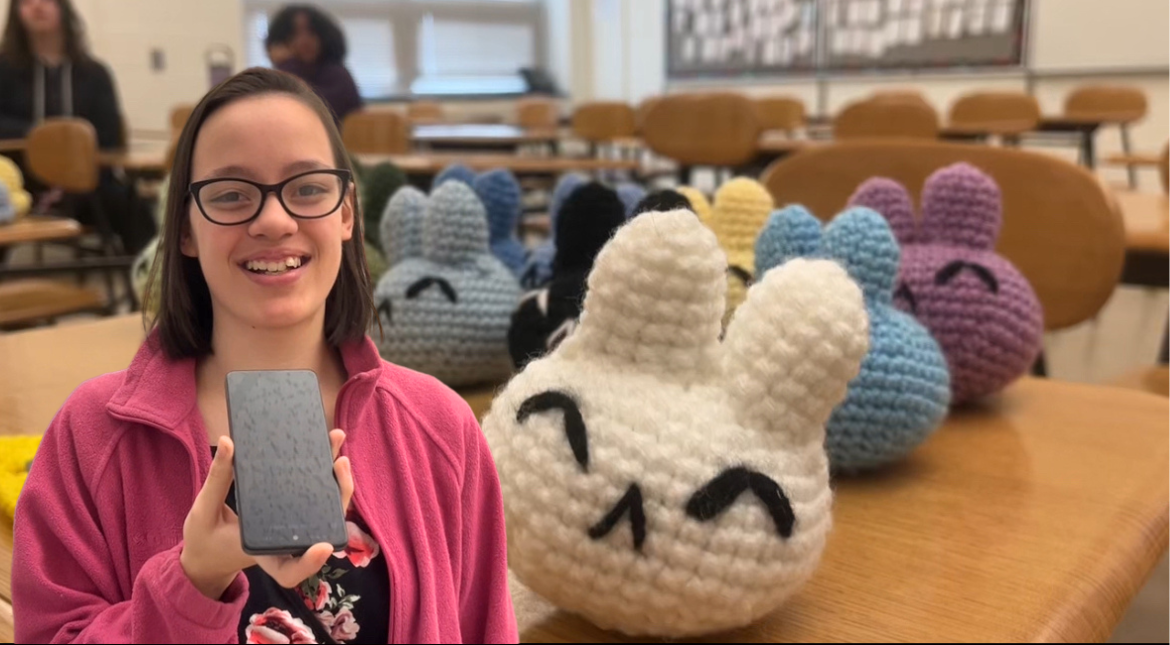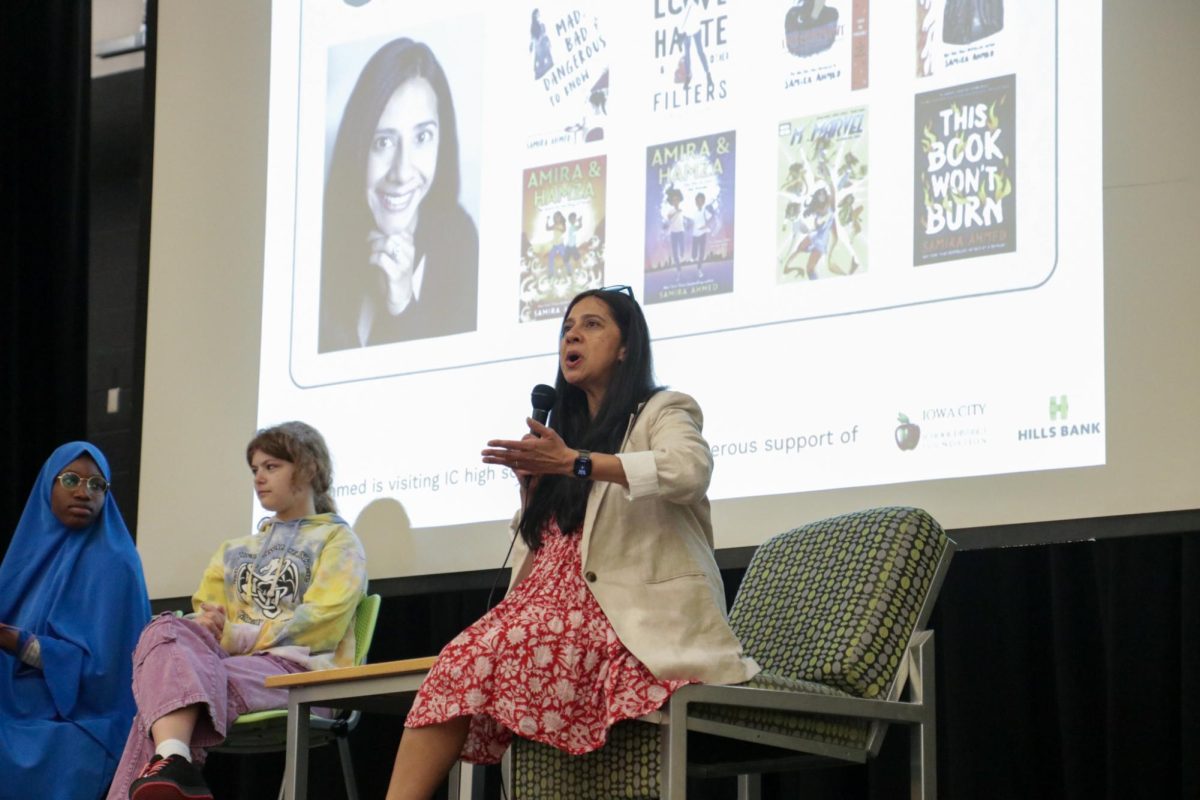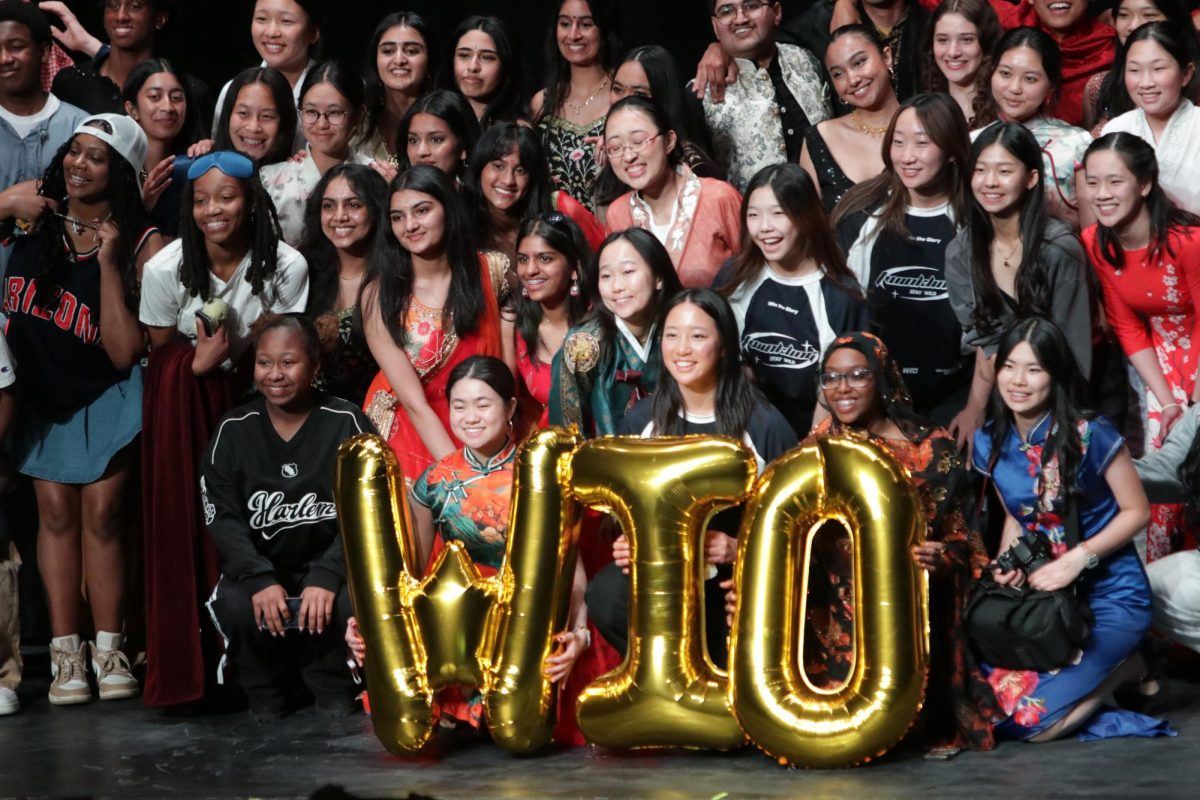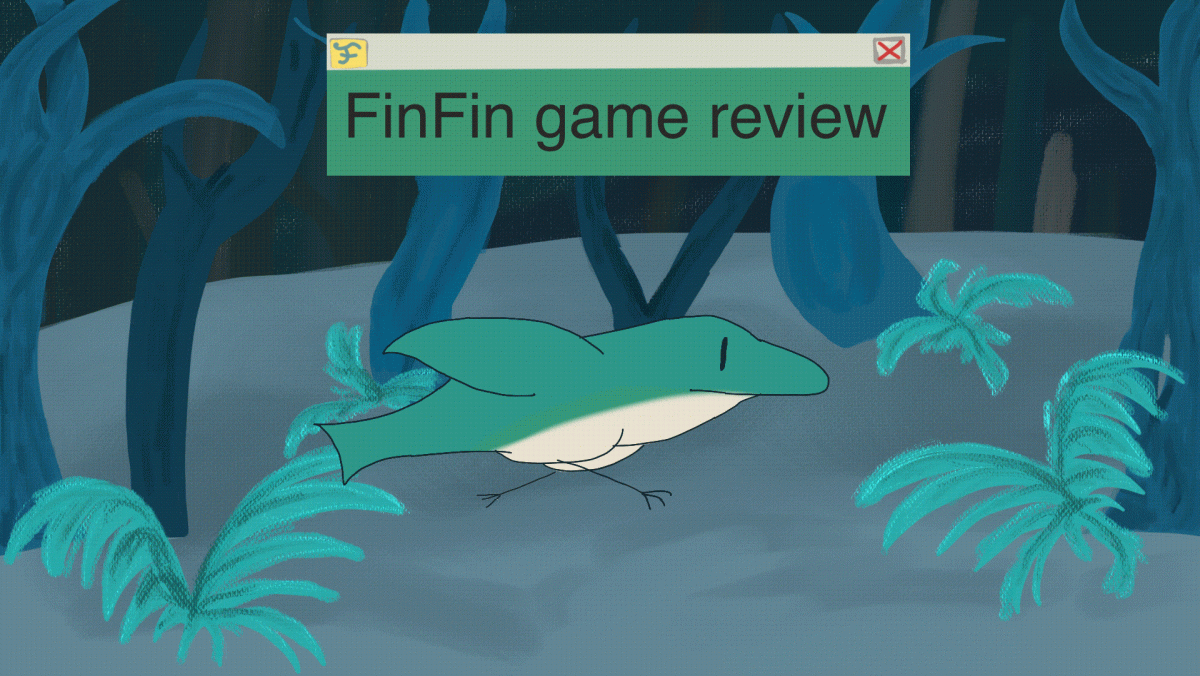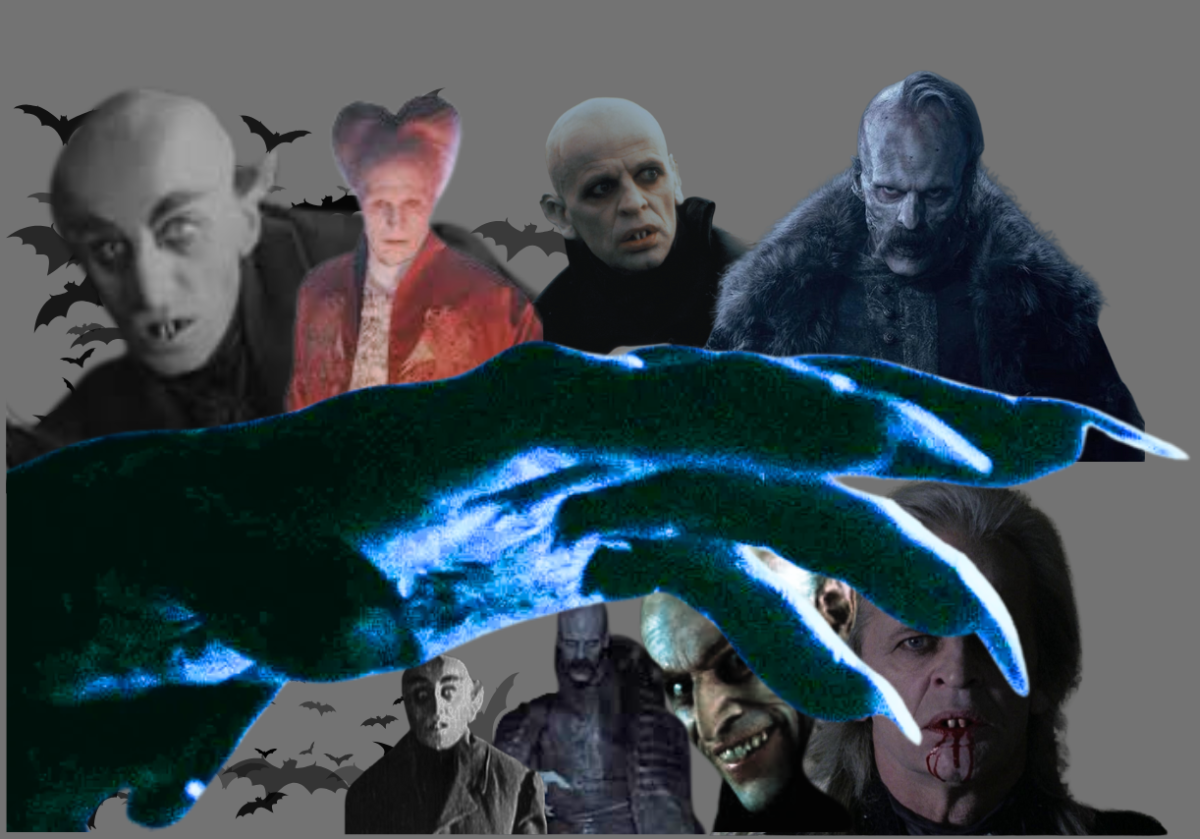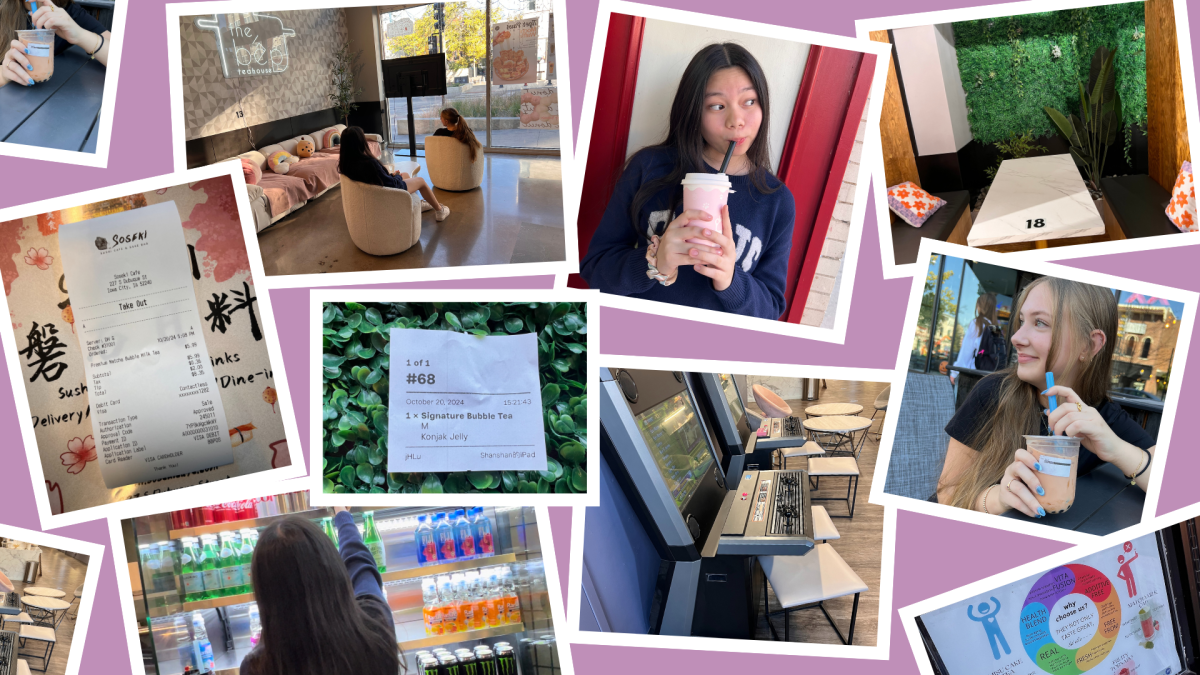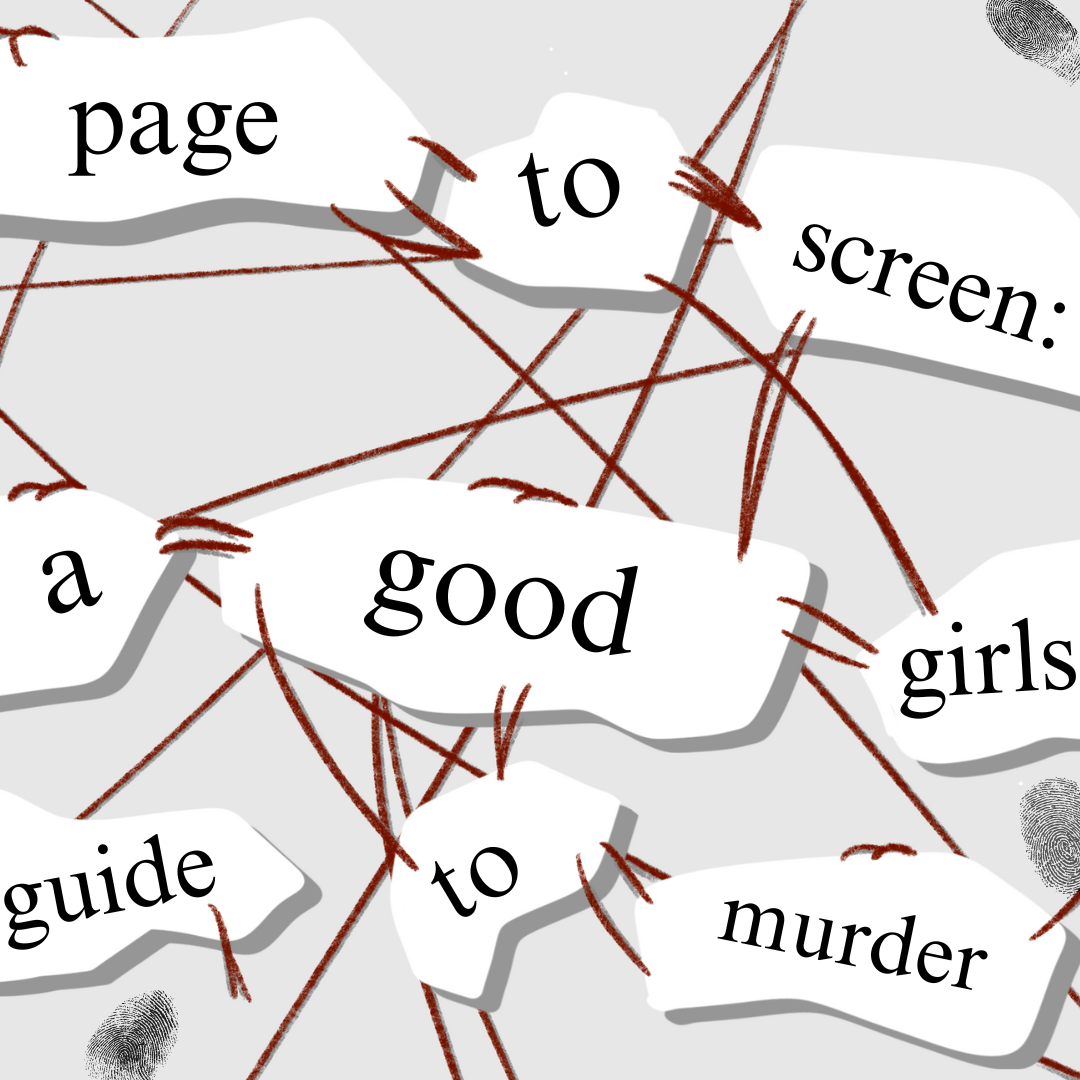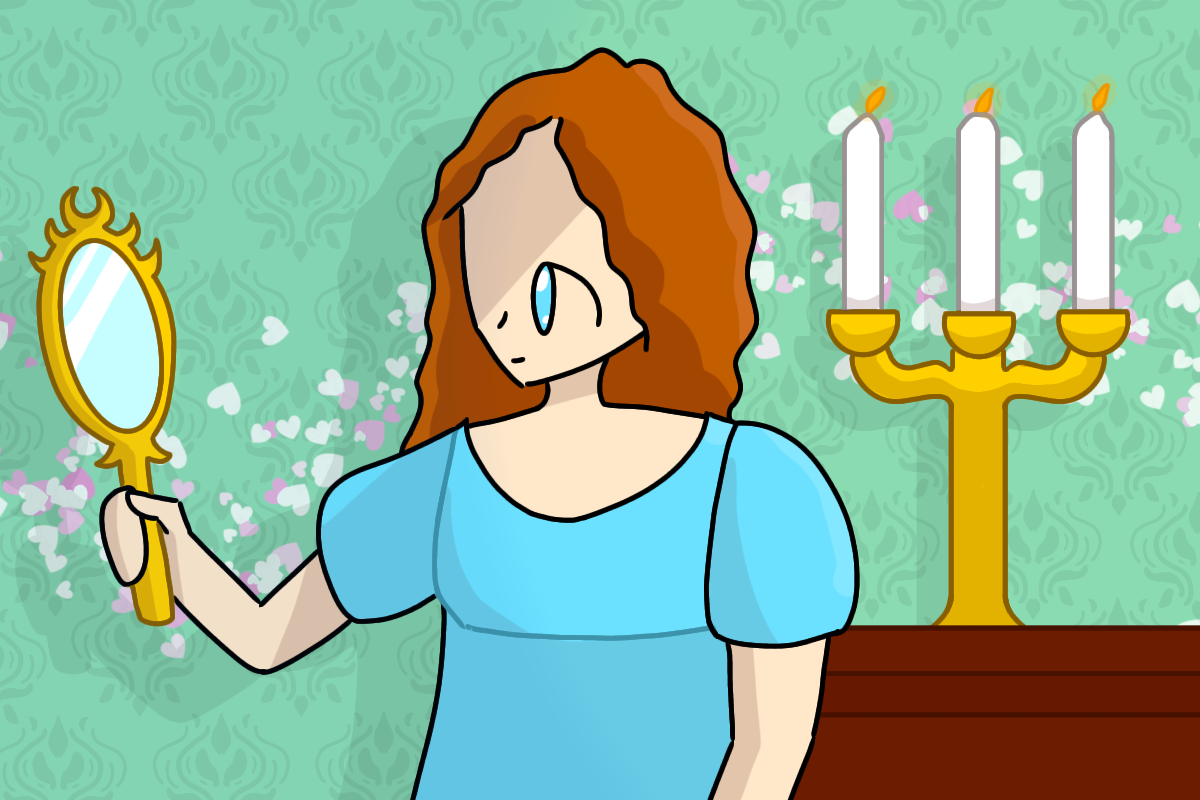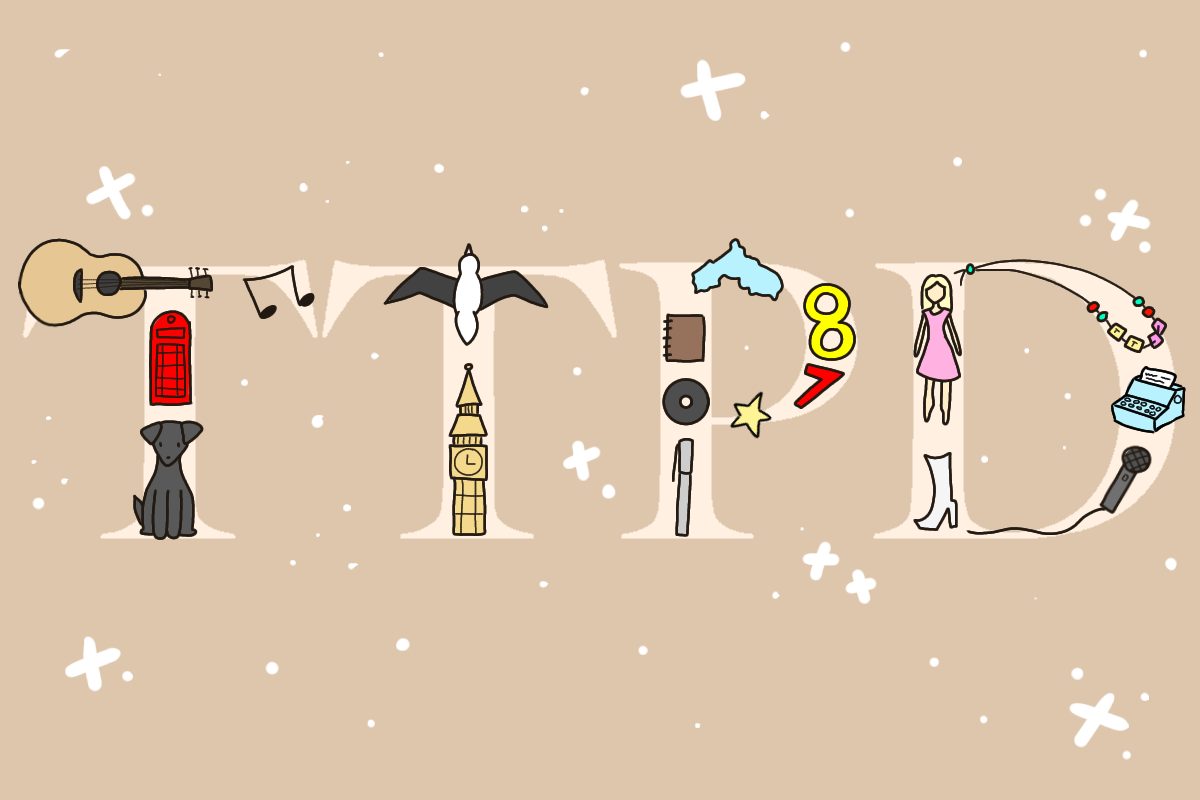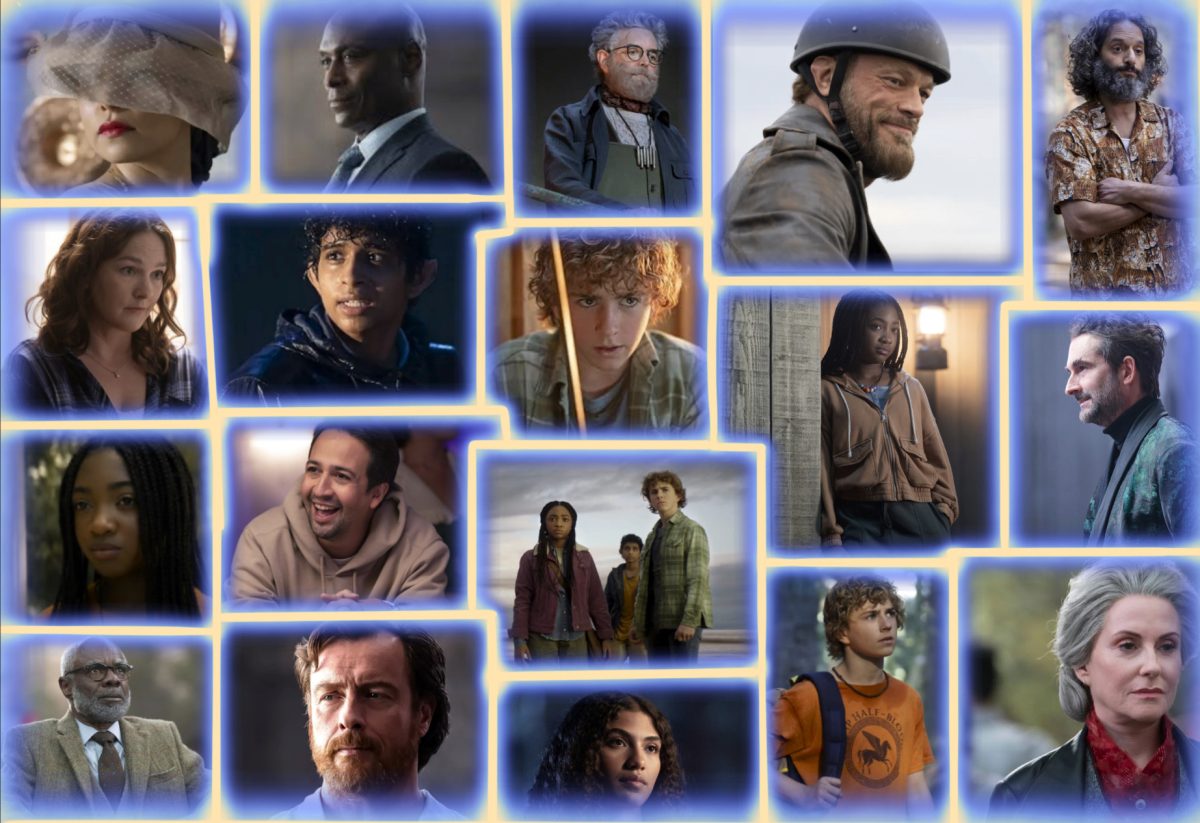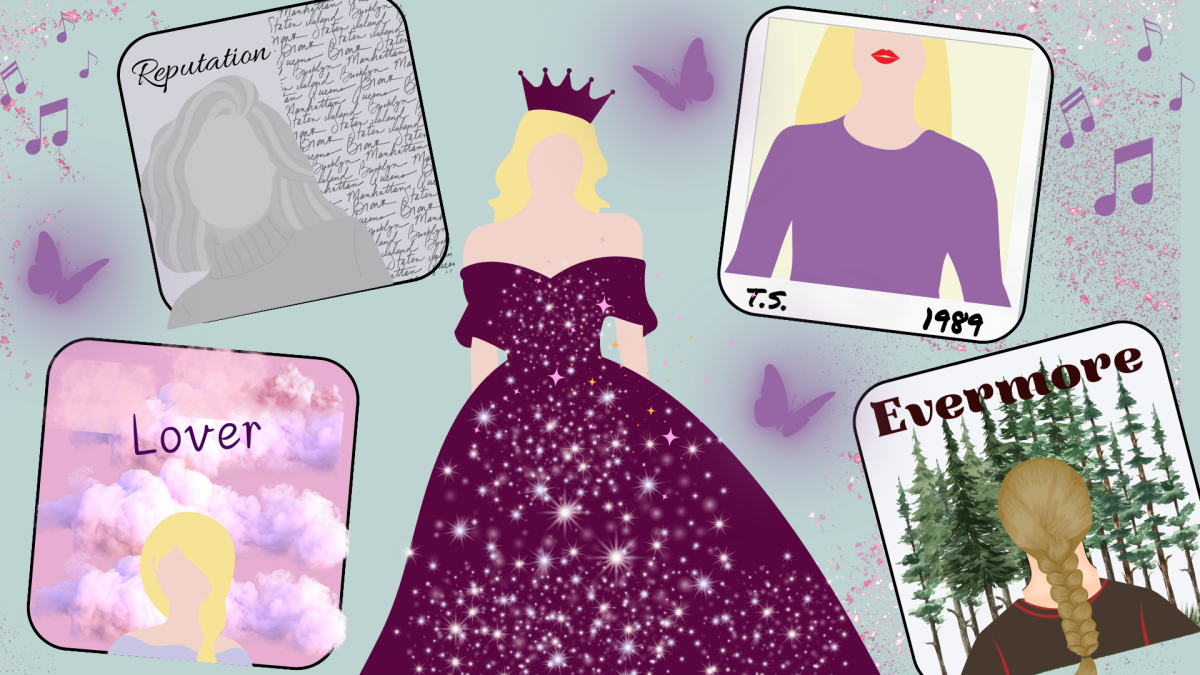By Kaitlyn McCurdy
When I sat down to review “Red,” Taylor Swift’s fourth studio album, I was nervous. The album is completely different from Swift’s prior releases, and it’s going to be absolutely hated by some, most likely younger fans who want an anthem like “You Belong With Me.” There’s nothing like that on “Red.” This record is not only a turning point in Swift’s sound (she threatens to break off from her country label entirely on most tracks), but in her maturity. “Fearless” and “Speak Now” sound fairly similar with only minor growth, whereas “Red” shows the adult side to Swift that most critics have been craving.
“State of Grace” is the opening track off the album, and boy is it a good start. A powerful instrumental dominated by drums and Swift’s fantastic lyrics (“so you were never a saint / and I’ve loved in shades of wrong / we learn to live with the pain / mosaic broken hearts / but this love is brave and wild”), “State of Grace” is not only the first track, but a track that easily extends Swift into another genre of music. It’s effortless and a great listen. Gorgeous.
The album’s title track takes Swift back to her country roots, but with a pop edge in the chorus with the electronic repetition of “r-r-red.” For some, that’s what kills the song, but for me, I highly enjoy it. The song is full of analogies and similes and intimacy and showcases Swift’s writing ability.
“Treacherous” is a calm lead-in before the next track on the album, with soft percussions and guitar with a gradual build-up. Lyrics like “I’ll do anything you say / if you say it with your hands” and “I hear the sound of my own voice / asking you to stay” has the same beautiful intimacy of the previous track, but the verses and bridge are definitely stronger than the chorus, which is pretty lackluster.
The first time I heard “I Knew You Were Trouble.” (yes, the period must be there) I was confused. The song practically screams “EXPERIMENT!” straight from the start, with a dubstep sound. Yeah, you read that right. Dubstep. No country to be found. However, it’s one of my favorite tracks on the album. It’s an obvious attempt to segway into a new genre, and not in the same easy way as “State of Grace,” but this song is ridiculously catchy. A big leap for Swift, and there is no in-between with it. You either love it or you hate it.
And we’re back to country with “All Too Well.” The track contains arguably the strongest lyrics on the album (or maybe just my favorite lyrics?) with lines like “maybe we got lost in translation / maybe I asked for too much / but maybe this thing was a masterpiece / till you tore it all up” and “time won’t fly, it’s like I’m paralyzed by it / I’d like to be my old self again / but I’m still trying to find it.” Songs like “All Too Well” will be in always Swift’s back pocket, and she always does them well.
Despite the fact that I’m 16, I find “22” extremely relatable. Swift sings “we’re happy, free, confused, and lonely at the same time” and tells us about a night out with friends. Swift is obviously targeting a specific age group, but the lyrics can easily apply to all. “22” is the most pop influenced track Swift’s ever released (the instrumental sounds a lot like YouTube sensations Megan and Liz’s “Bad For Me”), it’s pure fun, and an upbeat version of “Fifteen” from “Fearless.” Another experiment on the album, and while it’s not my favorite track by any means, it’s undeniably catchy.
“I Almost Do” is another ode to Swift’s country roots and another example of great songwriting. The song pretty much cuts the album in half. With a few exceptions, the tracks prior to “I Almost Do” are about relationships gone wrong (Swift’s an expert on those, it seems), and most songs after are about new love. Pretty basic track, nothing too extraordinary.
The album’s first single, “We Are Never Ever Getting Back Together,” is another hit-or-miss. It is a catchy post-breakup anthem for girls everywhere. The song is probably the most confident Swift’s ever sang about the ending of a relationship, the finality of it dripping in every line. The best thing about the song, though, is the biting sarcasm and humor sprinkled throughout (“and you would hide away and find your piece of mind / with some indie record that’s much cooler than mine”). Compared to other debut singles from Swift’s previous releases (“Love Story,” “Mine”), the song isn’t as lyrically strong, but it is good fun.
“Stay Stay Stay” is a silly ode to a great relationship (“I just like hanging out with you / all the time”). It’s somewhat reminiscent of “Ours” and is probably the most country song on the album. It’s my least favorite, as it definitely doesn’t show off Swift’s songwriting and the instrumental is just…meh. It’s actually a little childish, a little preteen, in some spots. Not the best track (at all), but it seems like a fluffy break from the rest of the album. Swift seems to adore it, if her collapsing into giggles and exclaiming “it’s so fun!” at the end is anything to go by.
“The Last Time” brings on Snow Patrol’s Gary Lightbody for a dazzling duet about (of course) heartbreak. The lyrics are strong, the instrumental is gorgeous, the voices go well together. Solid track, not really a highlight, but the collaboration is a decent addition to the album.
Country and rock meet in “Holy Ground.” One of the strongest songs on the album, Swift sings “right there where we stood / was holy ground.” Actually, this song might be one of Swift’s best songs ever. Definitely a must listen for all those who aren’t totally in love with this album.
“Sad Beautiful Tragic” has the same sweeping instrumental and regret filled lyrics as “Last Kiss” from “Speak Now.” However, it’s not as strong as “Last Kiss” and the track is forgettable, nothing special.
Swift outlines the downsides of fame in “The Lucky One” by telling the story of another celebrity rising to fame and ultimately running away from it (“how you took the money and your dignity and got the hell out”). Swift then transcends into a little of her story, saying the other person is now the lucky one for getting out of the industry. Great narrative songwriting and a strong instrumental combine to make this track as good as it is.
One of the most beautiful songs on the album is the duet with English singer/songwriter Ed Sheeran called “Everything Has Changed.” Their voices blend beautifully and their songwriting style is so similar that there was no way this could be a bad track. Lines like “‘cause all I know is we said hello / and your eyes look like coming home” make this song one of the best collaborations I’ve heard. A prime example of a great duet with sweeping harmonies, magical lyrics and beautiful voices. The track is almost heavenly, and I sincerely hope these two work together again.
“Starlight” is what the album’s been missing, what all of Swift’s albums have – a love anthem that highlights the glorious side of relationships. Tragically, “Starlight” is another heavily pop influenced track that is just…not good. The lyrics are basic, the instrumental is fairly aggravating. It’s almost an upbeat version of Demi Lovato’s “My Love Is Like a Star,” which is another track I can’t get behind.
The second single, “Begin Again,” ends the album on a hopeful note, comparing a sour past relationship to a budding one (“I think it’s strange that you think I’m funny / ‘cause he never did”). “Begin Again” highlights Swift’s hopeless romantic mentality in a great way. The song is soft, calming, hopeful, and everything that “Red” was lacking. A great ending to the album.
The Target extra songs are fairly decent, with “Come Back…Be Here” being the strongest of them. The demos are pretty boring, but the acoustic version of “State of Grace” is absolutely beautiful. I sincerely wish the demos were replaced with new tracks, though. Oh well.
Overall, “Red” is Swift’s most experimental album, which I’ve probably pointed out many times now. It’s to be expected that the now 22-year-old singer/songwriter would try new things, though, every artist does. The record is one of Swift’s best, second only to “Fearless,” maybe. As Swift gets older, she continues to better herself, and “Red” proves that. I have a feeling Swift’s newer sound can only go up from here. To all those still hoping Swift’s career is over (there’s still quite a few of you, I know), think again. You’re stuck with her for a long while, you might as well finally get used to her (you’ve had six years).



